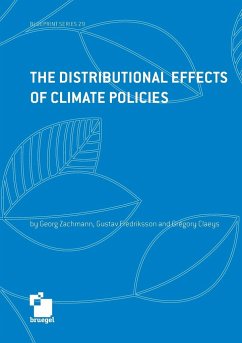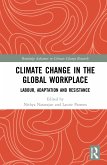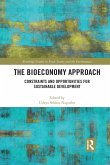The effects of climate change caused by increasing concentrations of greenhouse gases in the atmosphere are increasingly being felt. Flood-prone areas are seeing more frequent and severe floods; dry areas are seeing longer and hotter droughts and more extensive forest fires. In response, countries around the world, and especially the European Union, are putting in place policies to reduce greenhouse gas emissions. As such policies become more intrusive they will increasingly touch people's daily lives. Policies that move too fast, or that disproportionately impose economic costs on certain countries, regions and groups, could trigger a backlash, threatening to undermine the emissions reduction effort. But while climate policies can have adverse distributional effects, non-action cannot be the answer. Non-action would make everybody worse off and would affect those with low incomes more than those with high incomes. Managing the distributional effects of climate policies is therefore vital. This Blueprint discusses the main issues and outlines ways to minimise the pain of necessary climate policies.







